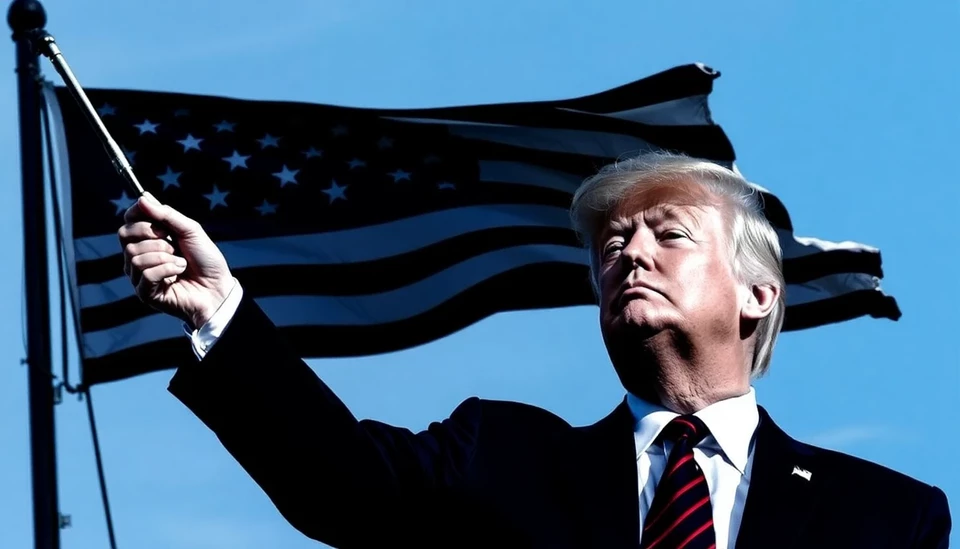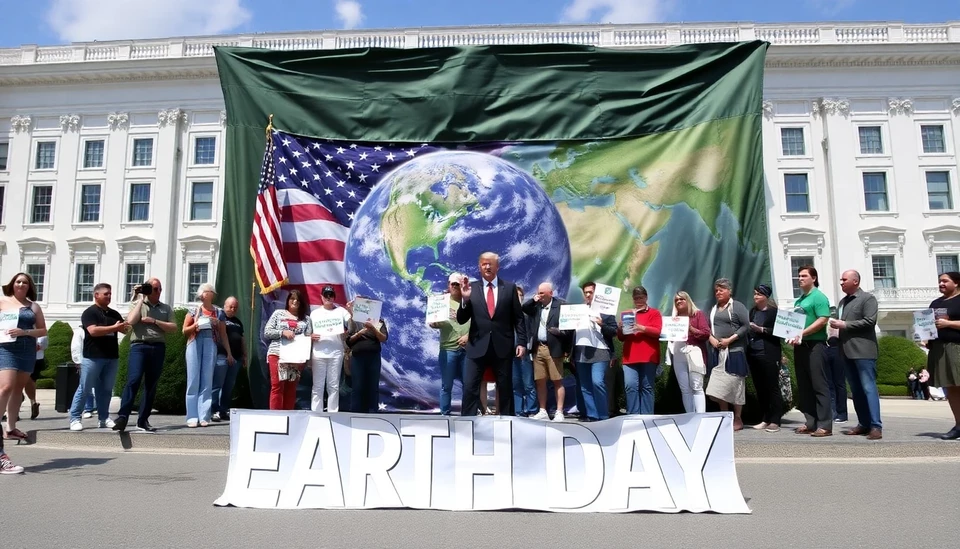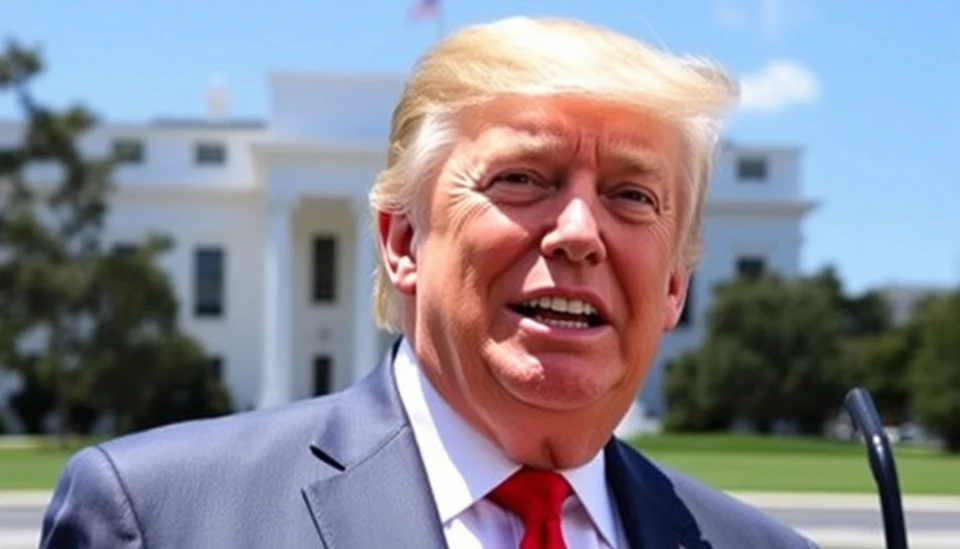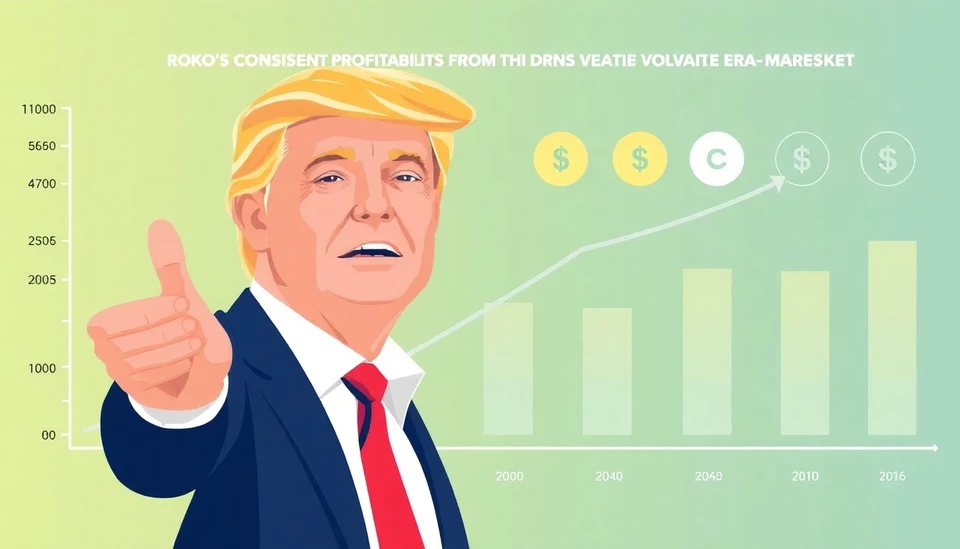
Recent discussions surrounding Donald Trump's interpretation of freedom have sparked significant debate among political commentators and the public alike. According to historian Timothy Snyder, Trump is promoting a version of freedom that strays far from the principles that built American democracy. Snyder argues that this distorted perception is not only misleading but also potentially damaging to the political landscape.
Timothy Snyder, a prominent Yale historian and author of several impactful books on history and democracy, emphasizes that Trump’s portrayal of freedom often hinges on self-interest rather than the common good. He suggests that this narrow view can lead to societal fragmentation, where individual desires overshadow collective responsibilities. Snyder warns that such a perspective could undermine the very foundations of democratic engagement, replacing unconditional commitments to justice and equality with a self-serving agenda.
Moreover, Snyder elaborates on the historical context of freedom, pointing out that true freedom in a democratic society includes the commitment to political institutions and shared values. He posits that Trump's version fails to recognize the necessity of these elements, as it tends to prioritize personal liberty to the detriment of civic engagement and social cohesion.
The historian draws parallels between current political rhetoric and historical instances where freedom was misconstrued. He identifies a recurring theme in authoritarian regimes where leaders manipulate the concept of freedom to consolidate power, often at the expense of civil liberties. This comparison raises critical concerns about the implications of such ideologies if they continue to gain traction in American politics.
Furthermore, Snyder encourages political engagement as a remedy to the divisive interpretations of freedom. He argues that an informed and active citizenry is vital in reclaiming the true meaning of freedom, which encompasses not only individual rights but also responsibilities toward others and the state. By fostering a collective sense of identity, society can resist the encroaching narratives that seek to polarize and divide.
As the political climate grows increasingly contentious, there's no telling how Trump's interpretation might influence future elections and policy-making. The implications of his rhetoric extend beyond individual campaigns and speak to a larger existential question about the American identity itself and what it means to be free.
In conclusion, Timothy Snyder's insights shed light on a crucial discourse in contemporary politics. Understanding the multifaceted nature of freedom is imperative for both political leaders and the electorate. As Americans navigate these challenging times, a return to the fundamental principles of democracy—civic duty, engagement, and mutual respect—may be the key to safeguarding the essence of freedom.
#Trump #Freedom #Democracy #TimothySnyder #PoliticalEngagement #CivicDuty #AmericanIdentity
Author: Laura Mitchell




